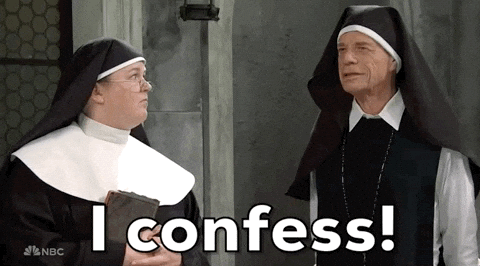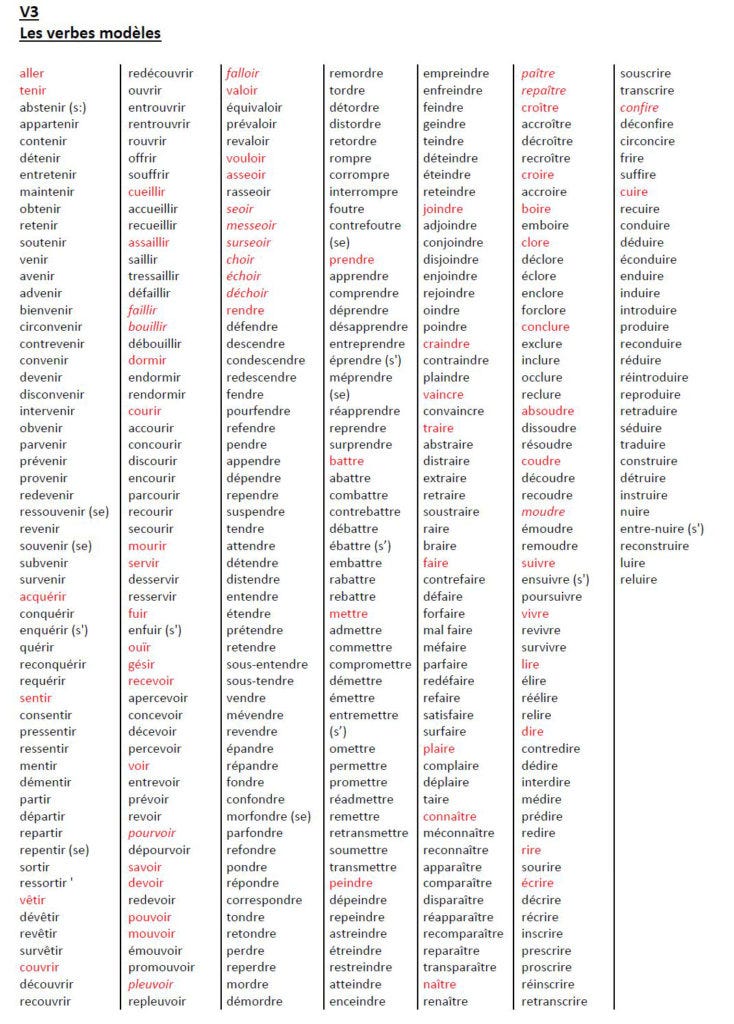#67 : Les groupes de verbes : 1er, 2ème, 3ème groupe?!
Confusing stuffs for Lauren
When you first started learning French, did you come across terms like 1er groupe, 2ème groupe, 3ème groupe de verbes? At first, I thought, "What’s the pain of categorising verbs, I’m not going to pay attention." Did anyone else think like me? 🤪
Just a heads up, I'm not a professional teacher, but rather another learner. The information I share might not be entirely accurate.
When the verb groups were introduced to me for the first time, I honestly thought, “I don’t even know 15% of the verbs and it does not make much sense to learn the differences between each group.”
Now, more than a year and a half later of learning, I finally understand why it makes sense, why people mention it, and why they say it will help you understand the language better.
If you don’t know much vocabulary and you’re thinking like I did before, that’s completely normal. I encourage you to revisit it later—it doesn’t mean you won’t understand the concept, but it will make so much ‘more’ sense!
Introduction
I will keep it real simple, because the concept is really simple!
Okay, French group verbs into three types : 1er, 2ème, 3ème groupe.
Why? I absolutely do not know — if you know the history or origin, feel free to share with us, I would love to know! BUT I know it is useful for me!
have a question for all of you: Do you find conjugation confusing and difficult?
If your answer is yes, then this is really useful for you, because each group has similarities. Maybe even French speakers are fed up with conjugation, and they need to group verbs with similar features to make fewer mistakes—maybe? 🤷🏻♀️
Summary

As you can see in the image above:
The 1er groupe of verbs includes all verbs ending in -er, except for aller.
The 2ème groupe consists of verbs ending in -ir that have -iss- in the plural conjugation.
The 3ème groupe includes all remaining verbs that don’t fall into the first two categories. For example, these include verbs that end in -re, -ir (but don’t have -iss- in the plural), -oir, and aller that disguised like the 1er group.
Honestly, that’s it! But the challenge for us is that we need to memorise each and every conjugation for the 3rd group, also known as the irregular verbs. ^-^
3ème groupe
If the number of verbs in the 3rd group were just a handful, it would be like heaven. But in reality, there are a lot. ⬇⬇⬇
So… What would you do? 🤪
Whenever I feel overwhelmed I always think about priorities.
What is my priority in learning French? Why am I learning it?
For him, it’s about protection, haha. For me, learning French is about being able to use it in real life and express myself more and more easily.
In that case, with memorising irregular verbs, I will
sort out words that I already use often and learn their conjugations.
after that, I tackle words I’ve seen before but still forget,
finally, I will look at words that I don’t know at all. or not. haha
The point is, it's more effective to familiarise myself with words I use frequently first, rather than focusing on strange words I’ll never actually use.
Homework
I will give you a homework. We cannot procrastinate more!
Day 1: Sort out words you already know and use often from the list above.
Day 2: Learn or revise their irregular conjugations.
Day 3: Pick some words you're familiar with but often forget—make sure to learn their meaning this time.
Day 4: Learn or revise their irregular conjugations.
Day 5: Revise!
It is always worthwhile to touch upon the basics! Here is the link where you can practice conjugations! A little gift for you all 🎁










Cries in grammar. I just ignore grammar and hope for the best 😭
Oh!! Il y a beaucoup beaucoup plus simple !
Lauren, il existe seulement 5 verbes irréguliers : ÊTRE, AVOIR, ALLER, DIRE, FAIRE
Ensuite, nous avons les verbes à :
1 base = 1stem,
3 bases = 3stems, 8 verbes -> Devoir, Pouvoir, Vouloir, Tenir, Venir, Prendre, Boire, Recevoir
2 bases = 2stems (1pour le singulier - 1pour le pluriel) -> TOUS les autres verbes 😉